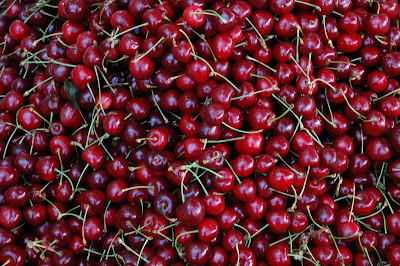Friday, 1 July 2011
Relayed cherry-picking
In Portugal, the informal economy was at its most visible in the stalls of cherries for sale by the roadsides. Yet we didn't see a single tree with them growing.
Within the past six days I have been to Glyndebourne and the South Bank, but travelled a mere sixty miles to get there and back. The peerless Glyndebourne Die Meistersinger came to Malvern on Sunday afternoon, and last night we had The Cherry Orchard at our local Cineworld direct from the National Theatre in its sublime production by Howard Davies.
The durability of both is that they have something timeless to tell us, and yet so much more than that: in the Wagner, we see the possibility of romantic happiness with a beautiful girl flitter across the consciousness of an eligible widower, before he concludes that a liaison would be in the long-term interests of neither. In the Chekhov, there are similar dalliances, but chiefly the conflict is between the unconstrainable romantic imagination of Mme. Ranyevskaya and her situation's grim financial reality. Andrew Upton's brilliant translation makes us very aware of the parallels with our recent banking crisis.
Subscribe to:
Post Comments (Atom)




No comments:
Post a Comment